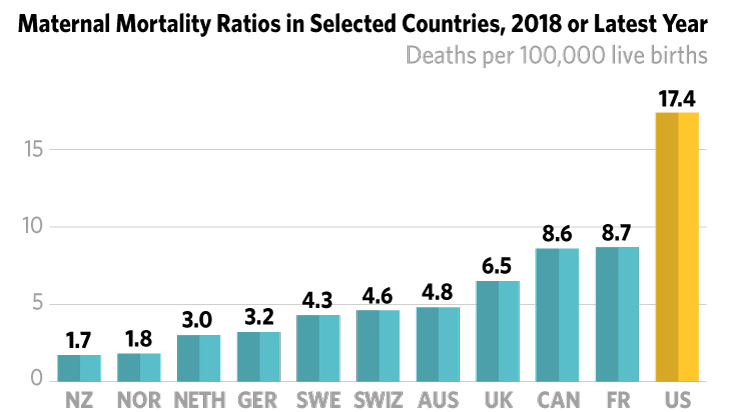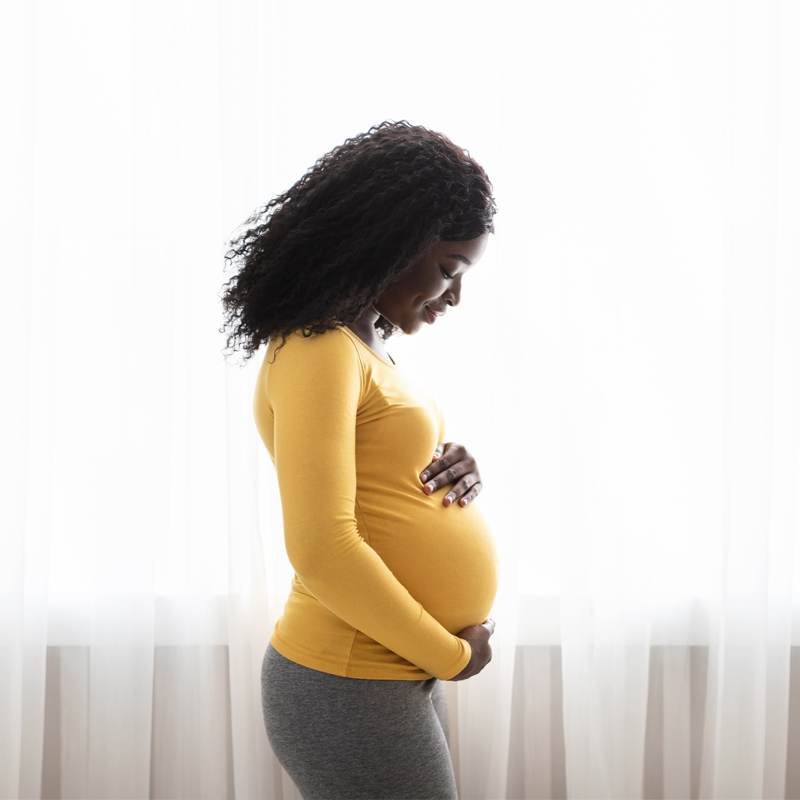
Bringing a new baby home can be a time that passes in a happy blur for most families. Weeks of lost sleep and teething give way to sharing photos of milestones with family and friends, while parents look back fondly on their child’s first year. Unfortunately, not all childbirth experiences start this way – especially in the U.S., which has the highest maternal mortality rate among all developed countries.

What’s more, Missouri has the seventh highest rate in the nation.
As I reviewed the Department of Health and Senior Services’ recent annual report on maternal health in Missouri, another sobering statistic surfaced: three-fourths of maternal deaths within a year of childbirth are preventable.
An analysis in the Missouri Independent lays out the tragic and avoidable trends about access to care and systemic health inequities.
- Moms on Medicaid lose their coverage two months after birth and are eight times more likely to die within a year of pregnancy than those with private health insurance.
- Moms-to-be who have high-risk pregnancies and are living in rural areas have less access to adequate care. In Missouri, 99 out of 114 counties are rural according to the biennial rural health report. Hospital and maternity ward closings mean patients have to have a reliable vehicle, gas, and time to drive farther for care – sometimes across state lines or more than an hour one way.
- Black women in Missouri are three times more likely to die in the year after giving birth than white women, and more likely to start prenatal care later in their pregnancies. This disparity persists regardless of education and income, both here and nationally.
One unexpected finding: the biggest underlying cause of death (almost 33%) for new moms was mental health conditions. Substance use disorder was a factor for all deaths in this category, existing with other mental health conditions about 60% of the time.
The challenge is significant, but there is a path forward. Missouri’s Medicaid expansion means more people can access health care before conception, which can mitigate risk factors. Further, extending Medicaid coverage from 60 days to a year post-childbirth would ensure that health care services would be available when moms are most likely to die.
Let’s do what we can to make more parenting stories happy ones.



